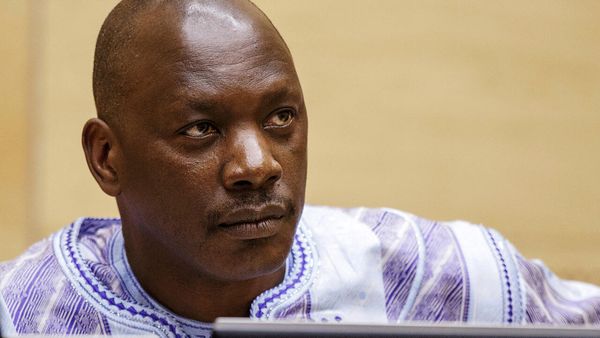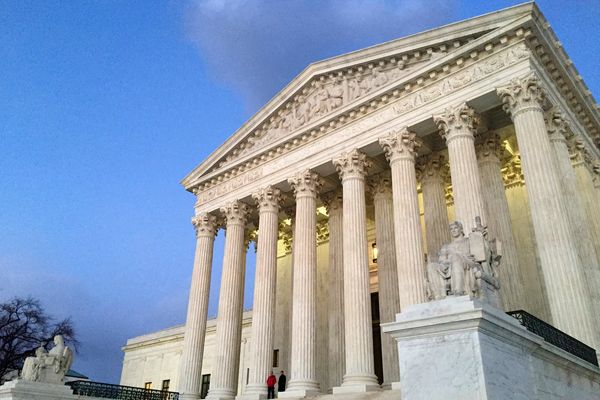Edinburgh's most vulnerable residents have missed out on more than £2 million in social care support in the last year after vital funding was clawed back by the council.
Self directed support (SDS) payments are made to people who have been assessed as having critical social care needs.
Under the scheme, money is given directly to eligible people, of which there are around 1,400 in the capital, to empower them with more control over the type of care they receive.
However there are growing concerns about recipients of SDS being too restricted in what they can spend it on after it was revealed millions in 'unused' support has been recovered from vulnerable individuals by the local authority.
SNP councillor Vicky Nicolson has called on officers to make clear where the money is being directed to once it is returned to the council's coffers.
A report she requested, which went before Edinburgh's full council meeting on Thursday (March 16), revealed the council has clawed back £2.4 million from vulnerable residents in the last year - and just shy of £14 million since 2017.
Councillor Nicolson said: "These funds could have been life changing for individuals living with a disability and their unpaid carers."
Large sums of unspent support - amounting to 6.9 per cent of the council's budget for direct payments in 2022 to 2023 - often arise as a result of users not being given enough freedom to utilise the funds how they like, she said, and the council being the "near sole arbiter of what constitutes support."
She added many recipients also struggle to "find the support they critically need as a consequence of staff shortages."
She said the shortages were "largely due to Brexit impacts."
Councillor Nicolson told the full council meeting: "I have heard the current process described by recipients of self directed support who experience ‘claw back’ as arbitrary which is not good enough and, at best, it appears to many to lack visibility and assurance, and therefore scrutiny, and this lack of a written process prevents people from being able to seek advocacy to support them when they are experiencing clawback.
"The new standard states that people are, and I quote, involved in the development of their budget and have maximum flexibility to use this in the way that they choose to achieve agreed outcomes.
"The available funding should be allocated in a way that is transparent, fair, equitable and sufficient, across all communities and for all individuals."
She added: "We would like to understand which directorate’s budget is credited when self directed support monies are unspent and then ‘clawed back.’"
Labour councillor Tim Pogson, chair of the Edinburgh Integration Joint Board which oversees the scheme, said it was important the council had confidence that clawed-back funds "are not remaining unspent as a result of difficulty to spend the funding."
He said: "The outcome of an effectively functioning self directed support system for the most vulnerable citizens of Edinburgh could not be more significant in ensuring that they are achieving independent living while being empowered to make their own decisions about their own care and support.
"Getting this right means that the burden on our hard-pressed care and support institutions is also reduced."
A further report was requested by Councillor Nicolson outlining which department's budget is credited when SDS monies are unspent and recovered and how the parameters of the scheme can be "made as broad as statutory guidance encourages, by delivering care and support through the widest means possible."
READ NEXT:
- Edinburgh Wetherspoon's bid to open drinks balcony thrown out by council despite huge support
- Edinburgh Tram Inquiry costs rise by another £100,000 as findings expected within six months
- First look at Edinburgh's 'ghost trams' as testing gets underway on new route
- Delay to new Edinburgh strip club licensing scheme after council's bid to ban them struck down in court
- Over 20 Ukrainian Edinburgh refugee households made homeless in city







